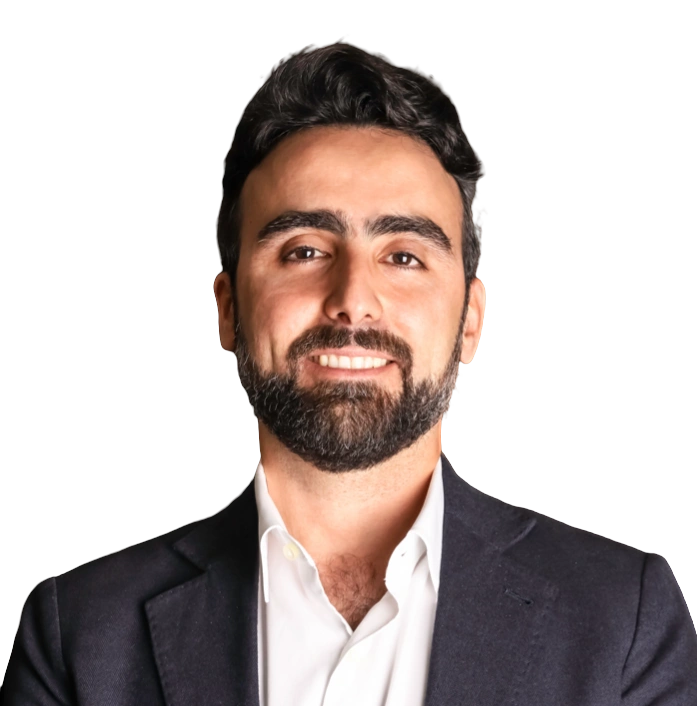
Dr. Guilherme Karam
Dr. Guilherme Karam, Endometriosis Specialist
City: São Paulo, Brazil
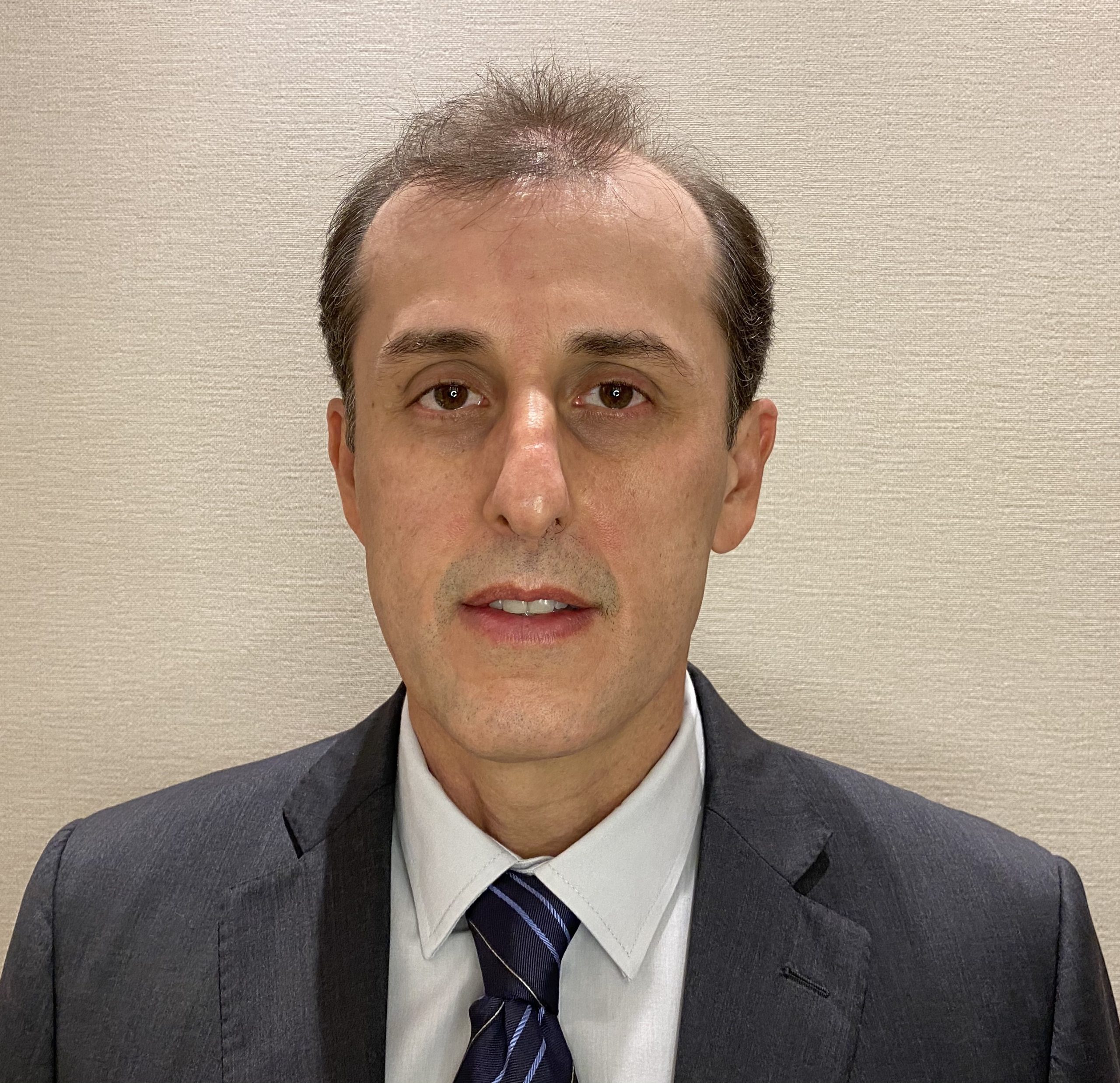
Dr. Fábio Morozetti Ramajo
Dr. Fábio Morozetti Ramajo, Endometriosis Specialist
City: São Paulo, Brazil
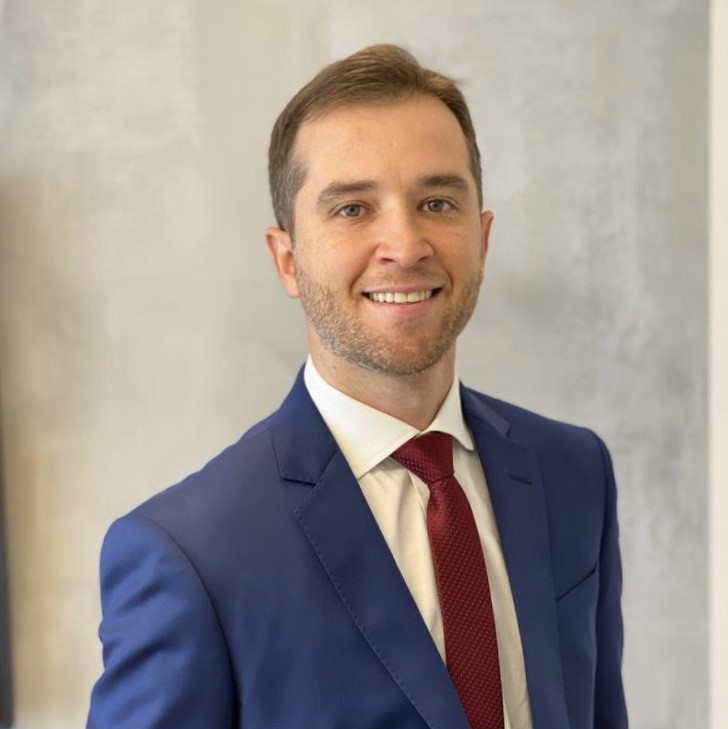
Dr. Filipe Vieira Kwiatkowski
Dr. Filipe Vieira Kwiatkowski
Dr Filipe Vieira Kwiatkowski – Endometriosis Specialist
Summary: Dr Filipe Vieira Kwiatkowski is a dedicated endometriosis specialist based in Pelotas, Rio Grande do Sul, Brazil. Dr Filipe Vieira Kwiatkowski approaches endometriosis care through a thorough understanding of retrograde menstruation and the Mullerian theory, focusing on effective surgical excision to remove endometriosis tissue. He combines advanced surgical techniques with personalized medication plans that include nonsteroidal anti-inflammatory drugs, analgesics, and estrogen blockers to manage symptoms and improve patient outcomes. Dr Filipe Vieira Kwiatkowski also emphasizes a holistic approach to persistent pain after surgery, recommending pelvic physiotherapy paired with an anti-inflammatory diet. In select cases, he may prescribe centrally acting medications such as pregabalin or duloxetine to support recovery and pain relief. Patients under Dr Filipe Vieira Kwiatkowski’s care benefit from compassionate, evidence-based treatment tailored to promote long-term health and quality of life.
City: Pelotas, Rio Grande do Sul, Brazil
Philosophy of Endometriosis Care: Retrograde Menstruation and Mullerian Theory
What type of surgery do you perform for endometriosis: Excision
Medication: Nonsteroidal anti-inflammatory drugs and analgesics in addition to estrogen blockers
Approach to Persistent Pain After Surgery: Pelvic physiotherapy is associated with an anti-inflammatory diet and, in some cases, the use of centrally acting medications, such as pregabalin and duloxetine, for example.
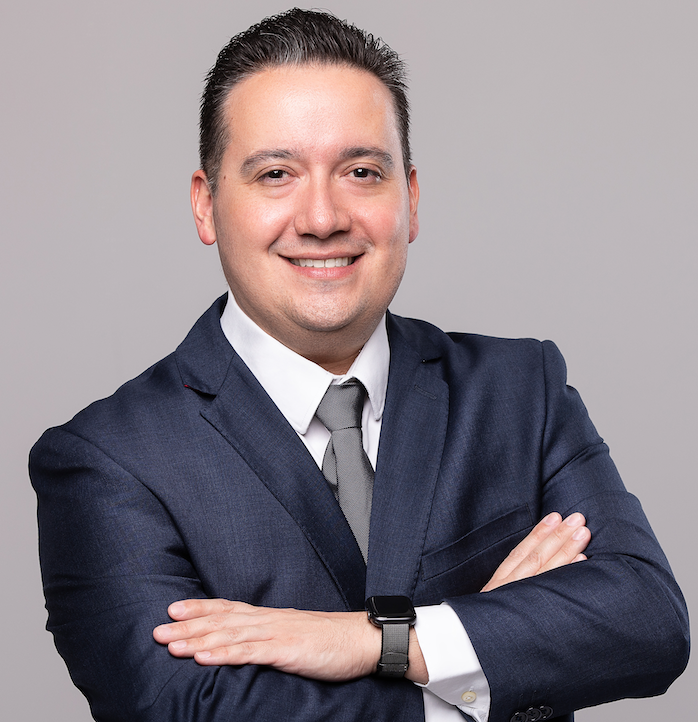
Dr. Igor Chiminacio
Dr. Igor Chiminacio
Dr Igor Chiminacio – Endometriosis Specialist
Summary: Dr Igor Chiminacio is a dedicated endometriosis specialist based in São Paulo, Brazil, known for his compassionate, evidence-based care. With a strong belief in the embryological origin of endometriosis, particularly the Mullerian remanent theory—Dr. Chiminacio offers a thoughtful and holistic approach to treatment. He specializes in excision surgery, widely recognized as the gold standard for effective endometriosis care.
Dr Igor Chiminacio also tailors post-operative plans to each patient’s unique needs. For those with coexisting adenomyosis, he often recommends GnRH medication to help manage persistent symptoms. His approach to long-term pelvic pain includes a careful evaluation for underlying conditions like adenomyosis, ensuring no aspect of a patient’s health is overlooked.
Patients seeking expert, empathetic care for endometriosis trust Dr Igor Chiminacio for his deep expertise and commitment to improving quality of life.
City: Sao Paulo, Brazil
Philosophy of Endometriosis Care: I really believe in the embryological origin of endometriosis, especially the Müllerian remnant theory.
What type of surgery do you perform for endometriosis: Excision
Medication: GnRH post-operative for patients who are also suffering from adenomyosis.
Approach to Persistent Pain After Surgery: Identify and treat adenomyosis concomitant
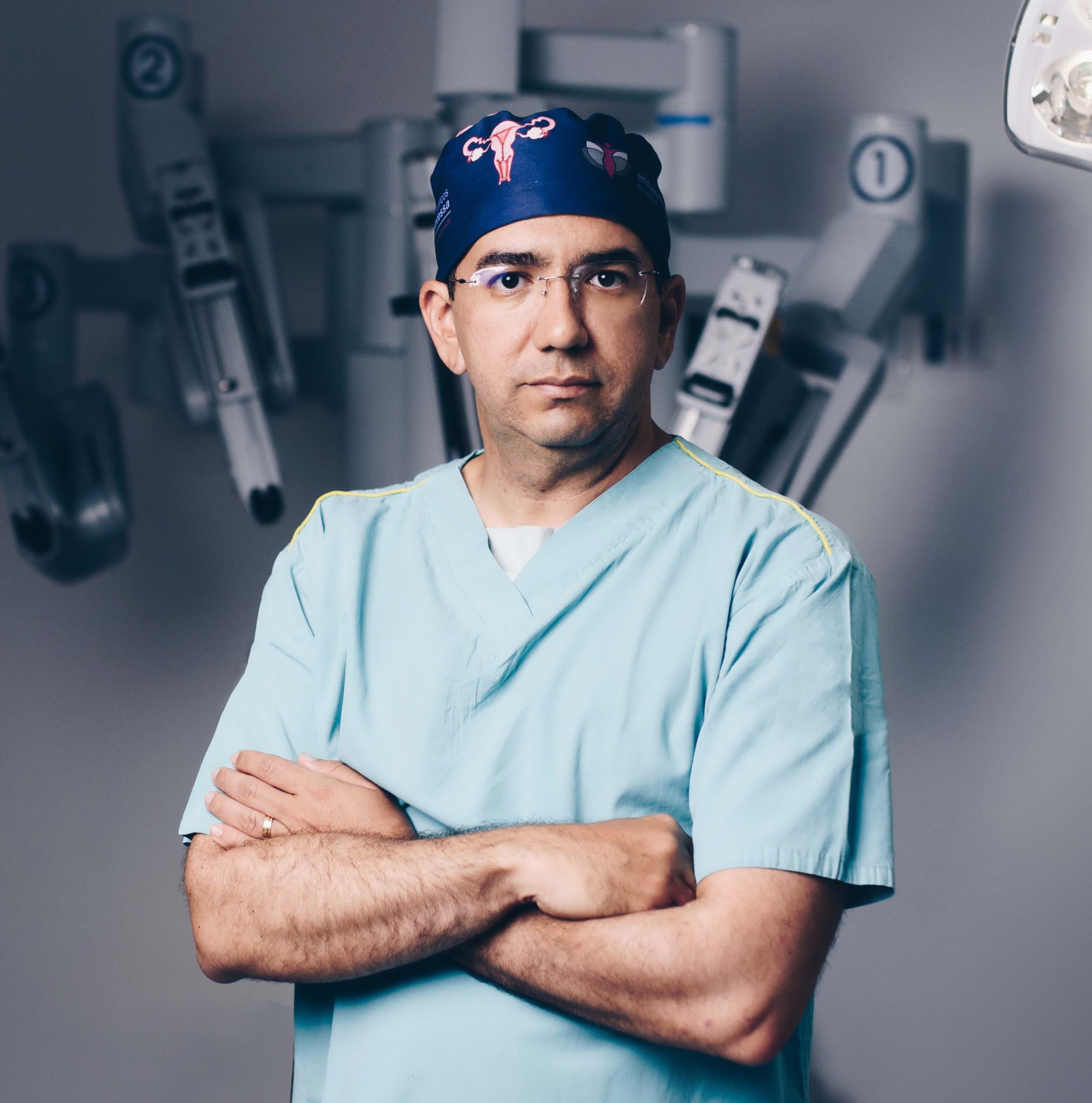
Dr. Marcos Travessa
Dr. Marcos Travessa
Dr Marcos Travessa – Endometriosis Specialist
Summary: Dr Marcos Travessa is a dedicated endometriosis specialist based in Bahia, Brazil, known for his expert use of excision surgery. Dr Marcos Travessa Brazil follows the embryological Mullerian theory by David Redwine to understand and treat endometriosis with a personalized approach. He carefully tailors treatments to each patient’s needs, offering contraceptives in various forms and managing chronic pain with non-steroidal anti-inflammatory drugs and medications like tricyclic antidepressants, pregabalin, and gabapentin. He emphasizes avoiding morphine derivatives and prioritizes patient safety and comfort. For persistent pain after surgery, Dr Marcos Travessa incorporates a holistic approach including nutritional therapy, pelvic physiotherapy, and collaboration with pain specialists. His warm and comprehensive care supports patients in managing symptoms and improving quality of life while preserving fertility whenever possible. Patients seeking a thoughtful, skilled expert will find compassionate care with Dr Marcos Travessa.
City: Bahia, Brazil
Philosophy of Endometriosis Care: David Redwine’s embryological (Mullerian) theory
What type of surgery do you perform for endometriosis: Excision
Medication: Contraceptives in their various routes of administration, non-steroidal anti-inflammatory drugs, medication for the treatment of chronic pain (tricyclic antidepressants; pregabalin; gabapentin), analgesics avoiding morphine derivatives. Contraceptives in patients without contraindications and without the desire to become pregnant. Analgesics and NSAIDs in patients with pain refractory to the use of contraceptives and medications for chronic pain in patients with endometriosis with some degree of chronic pain.
Approach to Persistent Pain After Surgery: Nutritional therapy, pelvic physiotherapy, pain specialists, contraceptives, and analgesics, among other options.

Dr. Marcelo Lontra
Dr. Marcelo Lontra
Dr Marcelo Lontra – Gynecology & Minimal Invasive Surgery, Endometriosis Specialist.
Summary: Based in Porto Alegre, Brazil, Dr. Marcelo Lontra is a trusted gynecologist and minimally invasive surgeon specializing in endometriosis treatment. Known as Dr. Lontra or Doctor Lontra, he combines advanced surgical techniques with cutting-edge research to provide personalized care grounded in the latest theories of endometriosis, including retrograde menstruation and stem cell recruitment.
Dr. Marcelo Lontra performs precise excision surgery to effectively remove endometrial lesions. He complements surgery with medications like Dienogest, aromatase inhibitors, and GnRH antagonists to manage pain and reduce symptoms affecting the intestines and urinary tract. When persistent pain occurs, Doctor Lontra uses repeat imaging and, if necessary, additional surgery to ensure thorough treatment. Patients appreciate Dr. Lontra’s compassionate, science-based approach that focuses on long-term relief and improved quality of life.
City: Porto Alegre, Brazil
Philosophy:
Endometrial stem cell recruitment theory
Bone marrow–derived stem cell theory
Molecular genetic changes in endometriosis
Epigenetic and microRNA alterations in endometriosis
What type of surgery do you perform for endometriosis?: Excision
Medication: Progestins for pain; Dienogest Dienogest;2mg per day, Aromatase inhibitors for reduce pain, intestinal symptoms, and urinary symptoms; and decrease the volume of laparoscopically visible endometriosis. Gonadotropin Releasing Hormone (GnRH) antagonists for pain
Approach to Persistent Pain After Surgery:
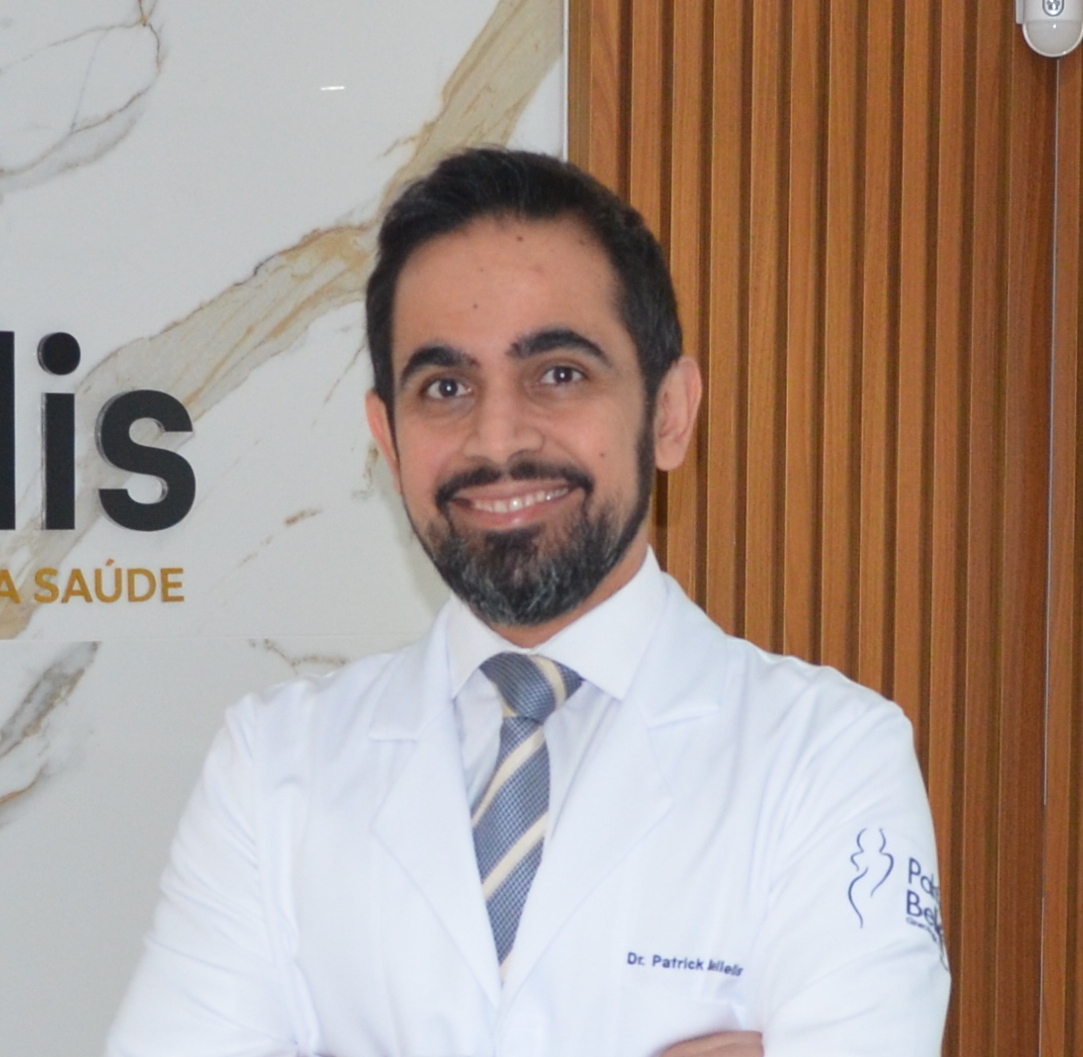
Dr. Patrick Bellelis
Patrick Bellelis, M.D.
Dr Patrick Bellelis – Endometriosis Specialist, Minimally Invasive Gynecologic Surgeon
Summary: Dr Patrick Bellelis is a skilled endometriosis specialist and minimally invasive gynecologic surgeon based in São Paulo, Brazil. With a deep understanding of genetics and epigenetics, Dr Patrick Bellelis focuses on personalized care that addresses the root causes of endometriosis. He emphasizes minimally invasive surgical techniques to provide effective treatment while promoting quicker recovery. For symptom management, Dr Bellelis often uses oral contraceptive pills to help control pain and other symptoms. When patients experience persistent pain after treatment, Dr Patrick Bellelis takes a comprehensive approach, evaluating other potential causes and recommending pelvic physiotherapy and dietary adjustments to support long-term wellness. His patient-centered philosophy ensures that each woman receives individualized care tailored to her unique needs, helping her achieve lasting relief and improved quality of life. Dr Patrick Bellelis combines expertise with compassionate care to guide patients through every step of their endometriosis journey.
City: São Paulo, Brazil.
Philosophy: Genetics and epigenetics
Medication: Oral contraceptive pills for symptom control
Approach to Persistent Pain: Evaluate other causes of pain and associate them with pelvic physiotherapy and adequate diet
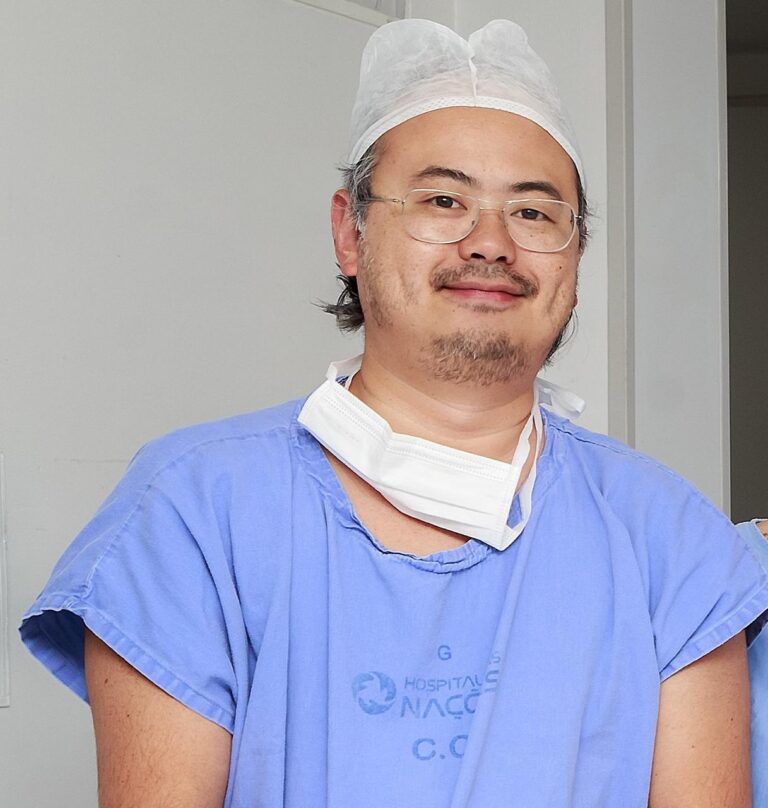
Dr. William Kondo
William Kondo M.D.
William Kondo M.D.- Endometriosis Specialist, Gynecologist, and Laparoscopic Surgeon.
Summary: Dr William Kondo M.D. is a trusted endometriosis specialist and urogynecologist based in Tijuana, Baja California, Mexico, with more than 30 years of experience helping patients find relief through advanced endometriosis treatment. He is known for his compassionate approach and deep understanding of how complex and life-disrupting this condition can be.
Dr Kondo sees endometriosis as a multifactorial disease influenced by genetics, hormones, and immune function. His treatment plans are tailored to each patient, often combining hormonal therapy with lifestyle support. For those dealing with ongoing pain after surgery, he integrates physical therapy, pain management, and holistic options like nutrition and acupuncture.
As a VideoVetted surgeon on iCareBetter, Dr Kondo is especially skilled in excision surgery for complex cases, including pelvic, bowel, bladder, and urinary endometriosis.
City: Tijuana, Baja California, Mexico
Philosophy: Endometriosis is a multifactorial disease. Hereditary predisposition (immune dysfunction apoptosis suppression), genetics, and epigenetics associated with hormones, menstruation, ovulation, dioxines, oxidative stress and inflammation are important factors that contribute to the pathophysiology and pathogenesis of endometriosis.
Medication: Usually I use combined oral contraceptives and progestins for the treatment of most women with endometriosis not desiring pregnancy. In some specific cases, we may use GnRH analogues or gestrinone, especially for those women who are not responsive to conventional treatment.
Approach to Persistent Pain: For persistent pain after surgery, if the surgery was complete we try to start clinical treatment for those women not desiring pregnancy (oral contraceptives or progestins in order to try do induce amenorrhea and ovulation suppression). In those cases of persistent pain, it is very important to have physical therapy to treat myofascial pain, and also some other treatments may play an important role (pain medications, physical activity, acupuncture, nutrition, etc).

